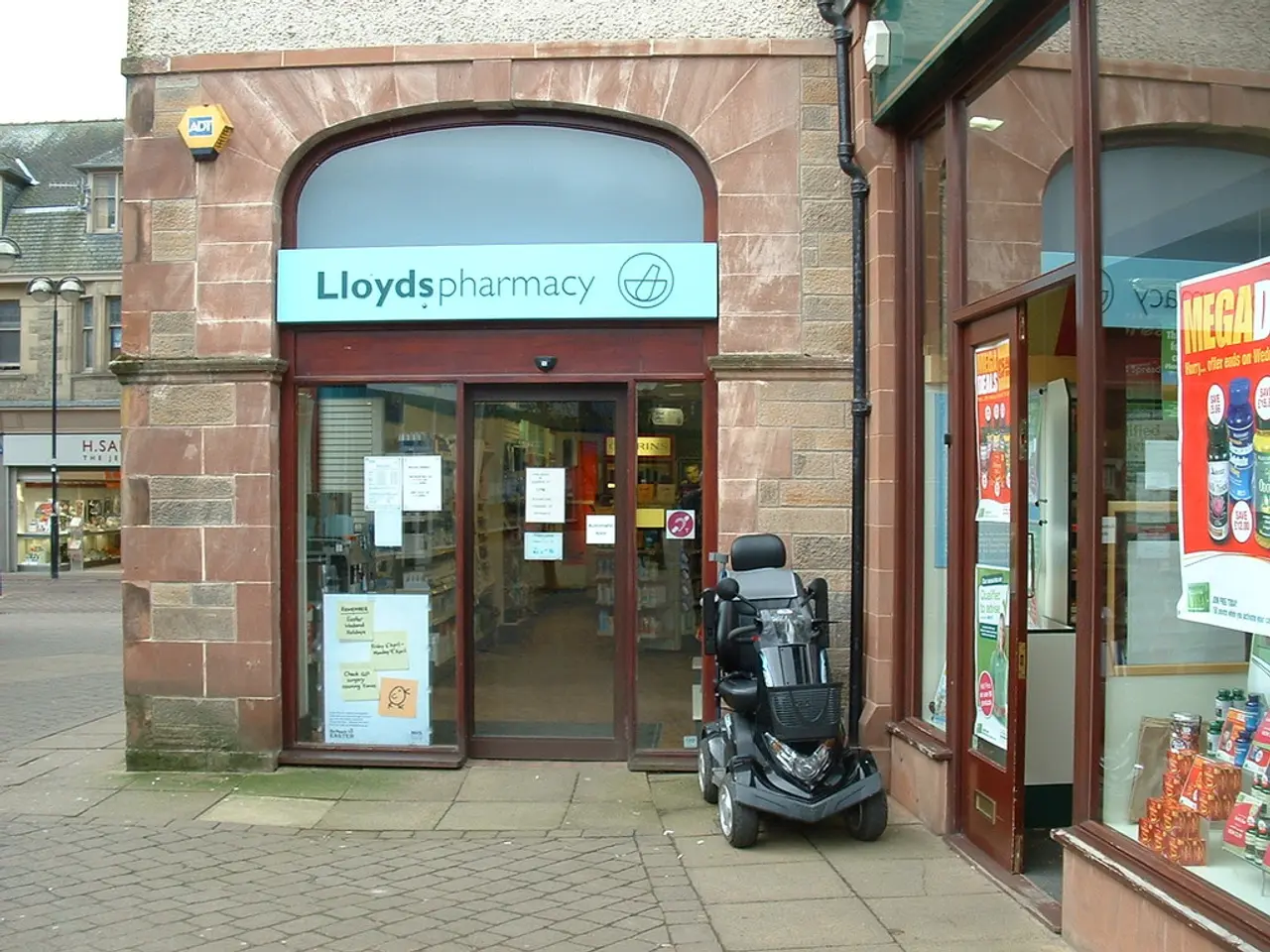Natural Disasters Imperil Pharmaceuticals and Medical Resources
In a recent analysis, a new study published in the peer-reviewed journal JAMA has revealed that drug production facilities across the supply chain, including those that manufacture active pharmaceutical ingredients and packaging facilities, are at risk of disruption due to climate change.
The research, which utilised FDA and Federal Emergency Management Agency databases, identified drug production facilities in counties with major fire, hurricane, storm, tornado, and flood events between 2019 and 2024. The study found that nearly two-thirds of US drug production facilities are located in areas that have experienced such disasters in recent years.
Hurricane Helene, which destroyed homes and caused more than 150 deaths last fall, also left its mark on the pharmaceutical industry. Hurricane Helene flooded Baxter's North Carolina facility, which produced 60% of the intravenous fluid bags used in US hospitals. The damage caused by Hurricane Helene resulted in a shortage of these essential items.
Manufacturer Baxter International Inc. had to ration supplies due to the shortage, and the FDA stated this month that the shortages caused by Hurricane Helene had resolved. However, Baxter didn't have backup facilities manufacturing smaller bags of the saline solution, which compounded pre-existing supply issues.
The study concluded that extreme weather events, such as hurricanes, pose risks to the pharmaceutical supply chain due to climate change. Hurricanes were the most common climate-related disasters in areas with pharmaceutical facilities, according to the research.
Sarah Ryan, a spokesperson for pharmaceutical industry group PhRMA, stated that the industry works with government regulators to avoid shortages. However, there are no publicly available specific details on PhRMA's preparations or strategies to prevent supply chain disruptions caused by climate change-related weather events. Current information from related industries emphasises the importance of resilience and sustainability measures but does not directly address PhRMA's stance or initiatives on this issue.
The Trump administration is making a push to ramp up US drug manufacturing, but it remains to be seen how this will impact the industry's response to climate change-related disasters. Baxter has stated that it has learned from Hurricane Maria and now has a more resilient supply chain, citing manufacturing investments and FDA clearance to produce saline outside of the US if needed.
The study serves as a reminder of the vulnerability of the pharmaceutical supply chain to extreme weather events and the need for industry leaders to take proactive measures to ensure the continuity of essential medications during times of crisis.
Read also:
- Abu Dhabi initiative for comprehensive genetic screening, aiming to diagnose over 800 conditions and enhance the health of future generations in the UAE.
- Elderly shingles: Recognizing symptoms, potential problems, and available treatments
- Exploring the Reasons, Purposes, and Enigmas of Hiccups: Delving into Their Origins, Roles, and Unsolved Aspects
- Various forms of cataracts include nuclear, pediatric, traumatic, and additional types







